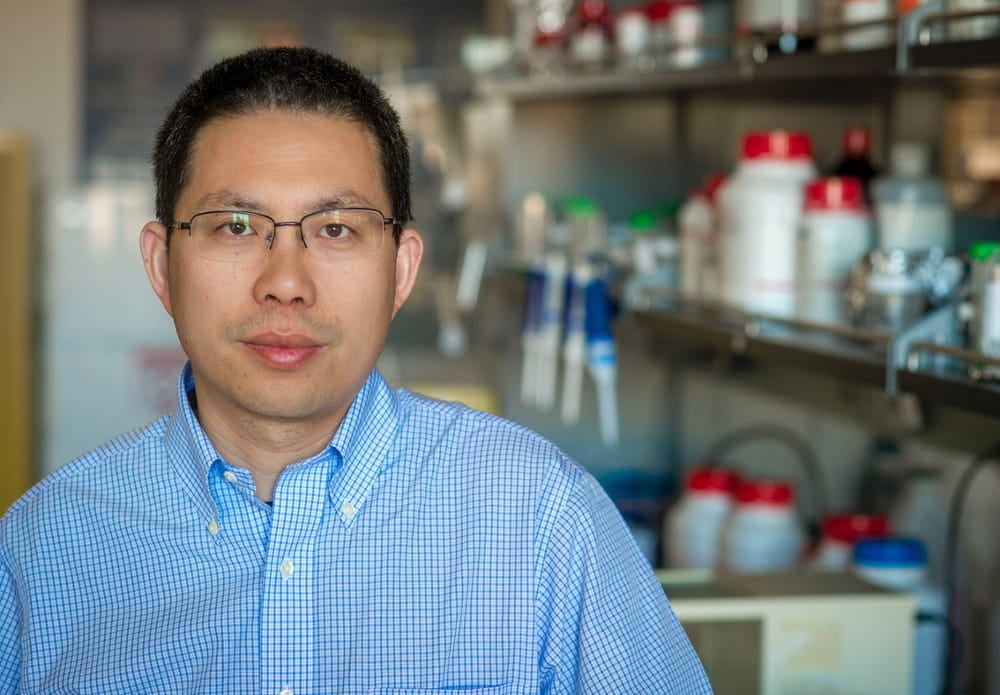American Heart Association award supports UTA cardiovascular research
A University of Texas at Arlington bioengineering researcher is leading a team to develop new bioactive materials to mimic the natural state of a body for heart research.

Yi Hong, associate professor in the Department of Bioengineering, has received the Established Investigator Award from the American Heart Association (AHA), which is funding $400,000 in research support for five years. The award is given to established investigators who are in a rapid growth phase of their careers, have established records of accomplishments and continue to show extraordinary promise.
Cardiovascular disease remains the No.1 killer in the world, claiming nearly 18 million lives per year. Hong said biomaterials and tissue engineering show promise for use in technologies such as cardiac patches and injectable materials to help heart repair.
“The challenge is that some of these biomaterials are not ideal because of their mechanical mismatching and insufficient bioactivity,” Hong said. “This fundamental research will help us understand the interactions between heart cells and the biomaterials used. We must analyze what happens with these interactions and why.”
Hong said there are two categories of biomaterials: multiple families of synthetic elastic biomaterials and biological materials.
In this research project, the team will combine lab-designed soft elastic material and bioactive decellularized heart extracellular matrix to generate a new bioactive material. Hong will collaborate with Jun Liao, bioengineering associate professor, and Zui Pan, professor in the College of Nursing and Health Innovation.
“The polymers will provide mechanical support and mimic mechanical behaviors,” Hong said. “That will guide cell alignment, and the decellularized heart extracellular matrix will offer specific bioactivity. Our technique will try to maximally maintain bioactivity of the heart extracellular matrix.”
Hong said a customized bioreactor will be utilized to investigate the effects of both mechanical and electric stimuli on heart cell behaviors on the biomaterials.
Michael Cho, professor and chair of the Department of Bioengineering, said the AHA award recognizes Hong’s contribution to cardiovascular biomaterial development and provides support that allows him to further develop and optimize biomaterial tissue constructs for the heart.
“This award is highly competitive and prestigious. This new biomaterial platform will be widely utilized and applied toward the treatment of heart diseases,” Cho said. “This will significantly strengthen UTA research efforts in cardiovascular diseases.”